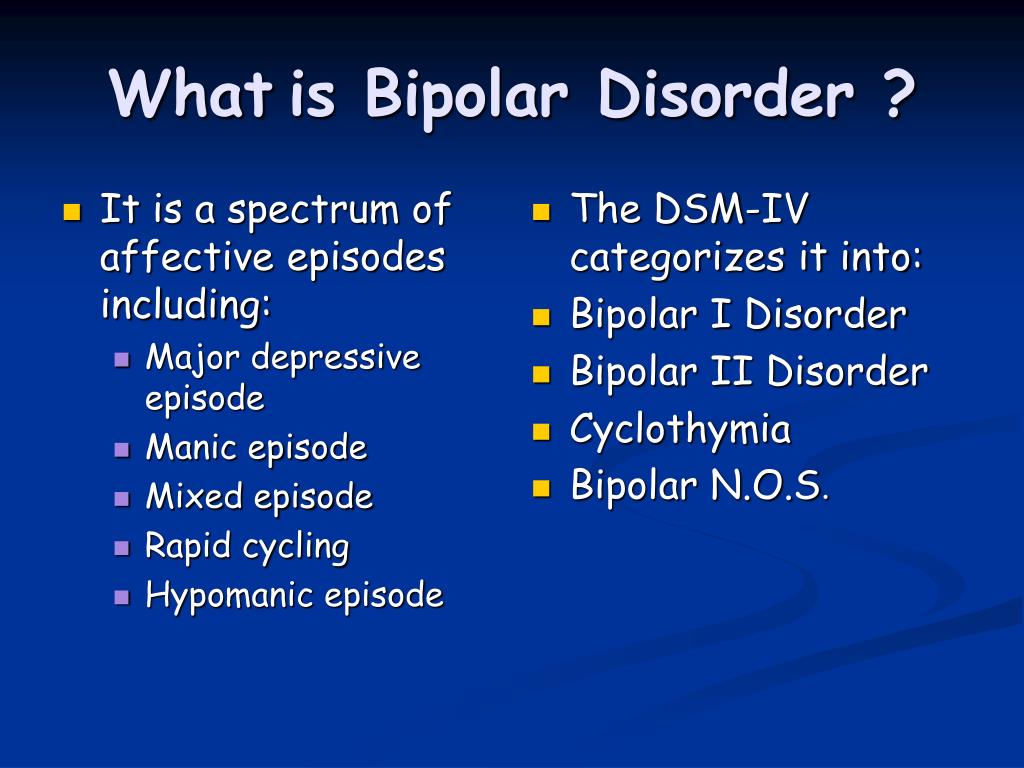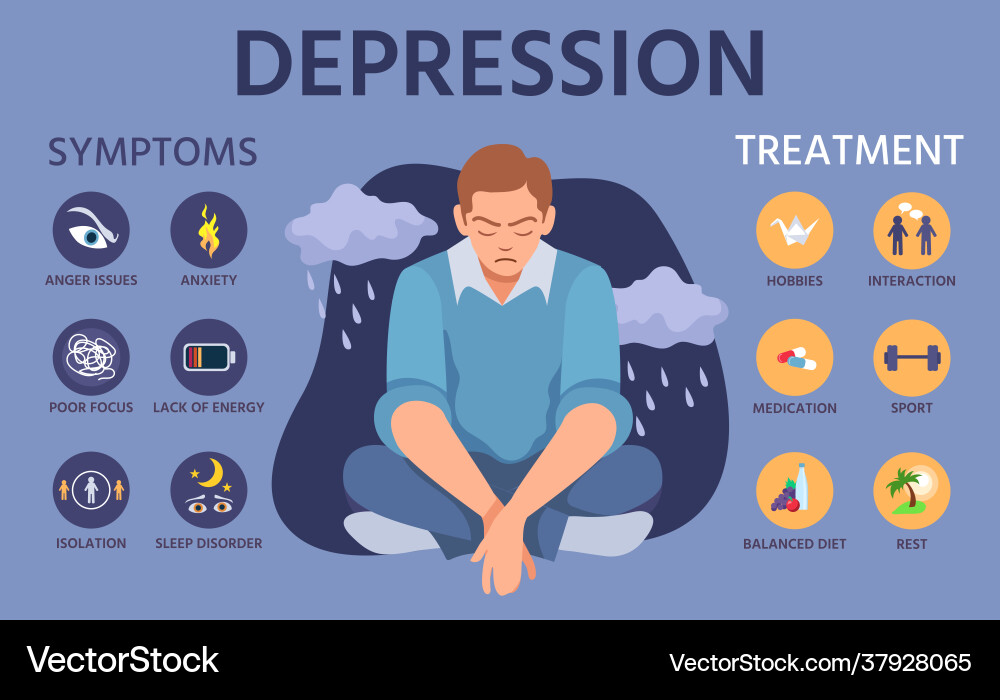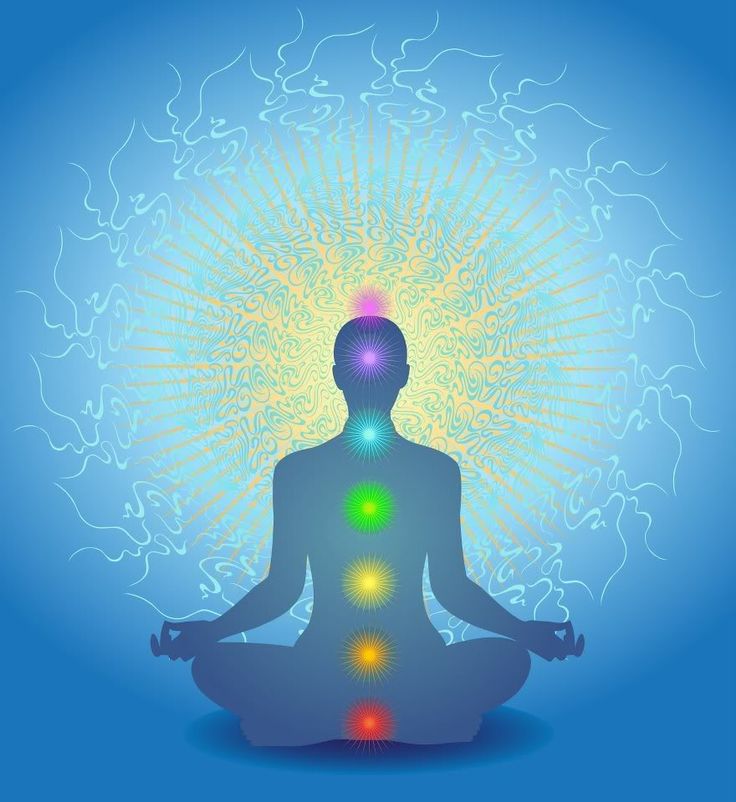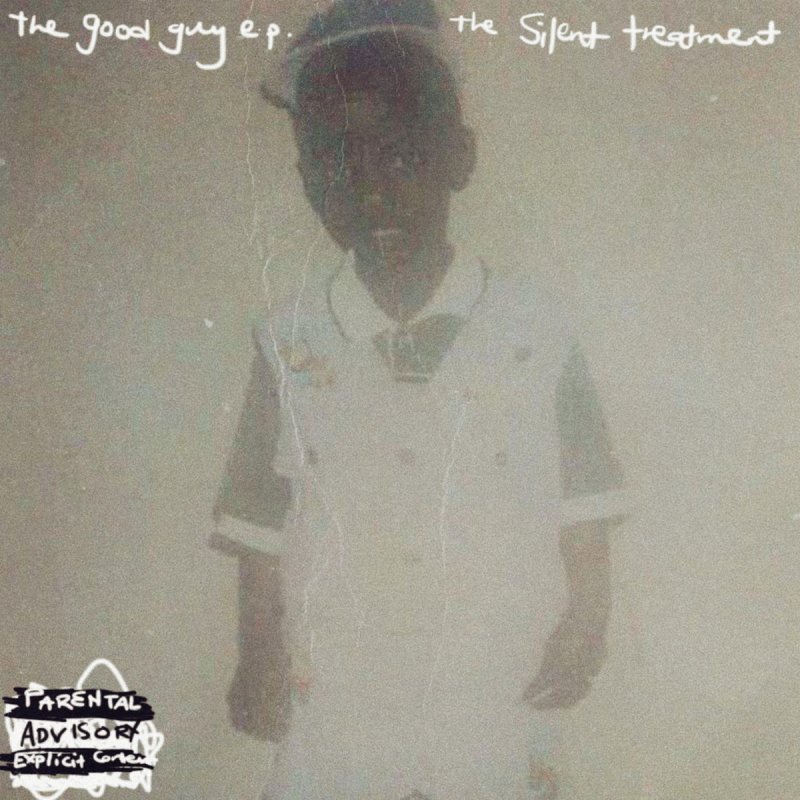Why marriages fail
5 Most common reasons marriages fail
There are five common reasons marriages fail. I have been a relationship counsellor and sex therapist for many years, and there are five common themes amongst the couples that I counsel…
Identifying these five common reasons doesn’t mean that marriage is a bad thing. In fact, I believe in marriage. I also believe that most marriages can work, and are worth fighting for. All couples will go through tough times. There will be times were you and your partner don’t like each other much, or can’t even have a civil conversation with each other, but there will still be some underlying love… the reason you got together in the first place.
Over the years the “not liking each other” can build up, and if issues aren’t resolved, they can smother the love.
From lack of an intimate connection to exclusive interests such as extreme sports, and sex addiction, here are the 5 most common reasons that marriages fail:
1. Lack of intimacy and sex
In my practice, this issue has been the number one cause of divorce, or couples filing for divorce. I think if there was such a thing as a libido boosting pill for women, most of us would take it. Men usually have a higher libido than women, and this can often cause issues in relationships. (There are women who present with a higher libido than their male partner, but this is less common. However, the counselling and solutions would be similar.)
Often, the woman will come for therapy first. She will be convinced that there is something wrong with her, and that she is not being a ‘good wife’ or sexual partner for her husband. She will even have had her hormones checked to see if there is anything wrong. Usually, there is nothing out of balance.
As we continue through therapy, we will find that it is not her hormones that are the problem, but the relationship itself. Solving the issue usually requires the couple to come for counselling together. We then work through a programme specifically designed for couples with “desire discrepancy” – the term we use when one partner has a higher libido than the other.
I have had many many success stories based on this programme, and I’ve become convinced that lack of sex and physical intimacy doesn’t need to lead to divorce.
2. An affair whether emotional or physical
Whether it is and emotional or physical affair, the effect is the same on a relationship.
Many people think that a physical affair is ‘worse’, but in fact, the resultant trauma is exactly the same. Betrayal leads to the breakdown of all of the bonds that hold a relationship together: emotional, physical, spiritual.
The trust, respect, loyalty, and communication are so damaged that many couples decide to divorce because they can’t find a way to get past the betrayal. I often see situations where the unfaithful partner leaves their marriage because they truly believe that they will find more happiness and fulfilment with the other person.
However, when a couple who has experienced betrayal wants to try to overcome it, and are committed to working on their relationship, it is a very powerful and life-changing process. The key is for both partners to realise that the betrayal was a symptom of the other issues in their relationship, it was not the cause of the issues.
The key is for both partners to realise that the betrayal was a symptom of the other issues in their relationship, it was not the cause of the issues.
Rebuilding a relationship after an affair is not easy, but the new relationship often ends up being stronger, happier, more loving, and more fun than it ever was before. This is why I believe that an affair doesn’t necessarily have to be the end.
3. Lack of clear boundaries in the relationship
Another one of the things that seems to come between couples is the issue of boundaries and expectations. We all know what boundaries are, but we don’t often talk about them and verbalise them. Boundaries and expectations are also different for each person in a relationship. Boundaries are influenced by your own experiences, your background, your faith, and the examples that you’ve been shown in life.
For one person, having close friends of the opposite sex might not be an issue. For another person, it might be a complete no-no.
Because we don’t often verbalise our boundaries and expectations in relationships – we often just expect our partners to be on the same page as us – we end up being frustrated and resentful when these boundaries are crossed.
For example, if you don’t want your partner to chat to someone you don’t know on Facebook, then make that clear. Don’t get upset if they’re sending messages back and forth if you haven’t discussed the issue, and given your partner a chance to respond.
If you want to be in charge of your own bank account and you don’t want to share an account with your partner, then make that clear right from the start.
If you want to raise your children in a certain faith, with certain religious boundaries and expectations, then discuss it with your partner before you have kids.
It’s difficult to come up with a complete list of boundaries and expectations at the beginning of a relationship, they usually present themselves as time goes by. What we need to be better at is dealing with the ‘offence’ when our boundaries are crossed.
Try to deal with your anger and frustration before you approach your partner about the issue. Discuss it in a non-defensive manner, and try to give them context so that they can respond appropriately.
Saying “stop calling everyone darling” is not constructive. Rather say “I feel like it crosses boundaries when you call other men and women ‘darling’ because you use it as a pet name for me. It takes away from the special bond we have, and it makes me feel jealous and a little bit betrayed.”
Your partner probably doesn’t even know that they’re hurting your feelings when they do or say certain things. Being clear about how it affects you will make them more likely to understand your point of view.
Being able to communicate clearly can help prevent the breakdown of communication in your relationship, and can help prevent the breakdown of the relationship as a whole.
4. Growing apart – no joint interests
This is particularly important in long term relationships. Couples who have been together for a long time often find themselves looking at each other down the line and thinking “what do we have in common anymore?!”
Couples who have been together for a long time often find themselves looking at each other down the line and thinking “what do we have in common anymore?!”
People change over time. It’s natural. Life circumstances, kids, work, finding different hobbies, can all expand our horizons, and add to our characters. The important thing in a long term relationship is to grow together, and to make a conscious effort to always maintain an intimate connection with each other. I try to encourage my patients to start a new hobby together, or work on a project together that will ensure that they get to spend interesting, quality time growing as a couple.
One of the major issues that I’ve seen in my practice is the increase in emotional and physical affairs amongst couples where one partner is extremely active while the other isn’t. Training for the Ironman, Argus, or running the comrades requires a lot of hard work and dedication. And while it is a very noble achievement, couples need to be aware of the impact that something like this could have on their relationship and guard against it.
For example, a man might be training for the Ironman. This requires him to be out of the home for many hours every day and over weekends. His wife might feel resentful as he pursues his ‘dream’ while she is stuck at home with the kids, trying to keep the house together, and battling stress at work. When he comes home, she will be irritable and frustrated while he will be on a ‘high’ from the exercise. While out running with his training buddies, he might talk about his wife’s irritable behaviour. One of the female training partners might say she’s having the same issue with her husband. This could lead to an emotional connection between them. Add the physical ‘high’ from the exercise, and the increasing lack of intimacy between the married partners, and it could all lead to an emotional or physical affair.
This is why it’s important for couples to be on the same page. Each person needs to be able to find their happiness and contentment out of a combination of their friends, family, hobbies, religion, and career. A portion of your happiness can be found in your partner, but make sure that you don’t rely on your partner to fulfil all of your emotional needs.
A portion of your happiness can be found in your partner, but make sure that you don’t rely on your partner to fulfil all of your emotional needs.
We will all go through times in our relationships when our partners aren’t able to contribute 100%. This can be due to huge career pressure, a physical issue, or a goal that they are pursuing. Couples need to be able to negotiate this time (I’ll enter 1 Ironman competition, and that will be it), and each individual needs to be able to find their own happiness in the other things during this time, while still offering love and support to each other in whatever way they can.
If you rely completely on your partner for your fulfilment, you will find yourself looking for someone else when your needs aren’t being met. This is not a recipe for a successful, long-lasting relationship.
5. Sex addiction or compulsive sexual behaviours
This is often one of the most traumatic things to happen to a relationship as it usually involves multiple affairs, and regular betrayal. As a sex addiction therapist, I have dealt with a number of cases like this, and have seen many relationships end up in reconciliation. Just as with other addictions, like drugs and alcohol, sex addiction is not ultimately about the sex.
As a sex addiction therapist, I have dealt with a number of cases like this, and have seen many relationships end up in reconciliation. Just as with other addictions, like drugs and alcohol, sex addiction is not ultimately about the sex.
Sex addiction is not about someone having a high sex drive, or the need to have a lot of sex. Sex addiction is about medicating a feeling of anger, loneliness, sadness, boredom, or exhaustion.
These men (I am going to refer to men as I am currently only treating men in my practice) have never learned how to express their emotions in a healthy way, and they have turned to sex as their ‘drug’ of choice.
Patrick Carnes who is a ground-breaking researcher and therapist in the research, diagnosis, and treatment of sex addiction refers to it as “a disease of emotions”. These men find it also difficult to attach themselves to someone. They can’t be intimate. And if they do ‘attach’ themselves to someone, they can easily detach themselves again
Sex addiction is about the chase. It usually starts with the person becoming pre-occupied with thoughts about sex. The brain releases dopamine from the pre-frontal cortex or pleasure centre of the brain. The dopamine is what “feels good” and it’s what sex addicts crave. However, they end up pursuing more and more extreme measures to experience this ‘high’.
It usually starts with the person becoming pre-occupied with thoughts about sex. The brain releases dopamine from the pre-frontal cortex or pleasure centre of the brain. The dopamine is what “feels good” and it’s what sex addicts crave. However, they end up pursuing more and more extreme measures to experience this ‘high’.
So if sex addiction is not about sex, what is it about?
It is about trauma, it serves to soothe emotional wounds left from childhood.
Patrick Carnes states in his research that:
- 87% of sex addicts describe their familial upbringing as “disengaged”
- 97% of sex addicts report and early childhood trauma (usually childhood abuse).
- 42% of sex addicts have a cross-addiction problem with chemical dependency.
- 38% of sex addicts also have an eating disorder
However, one cannot justify behaviours such as:
- Compulsive watching of porn
- Compulsive masturbating
- Going to massage parlours with a happy ending
- Going to strip clubs
- Having multiple affairs
- Going to prostitutes
- Using social media to have virtual sex, sexting or going into chat rooms
There are many unhealthy behaviours that stem from sex addiction, and it not only causes the addict extreme hurt and pain, but the partner of the addict too. However, with the right treatment, both can find healing.
However, with the right treatment, both can find healing.
As a certified sex addiction therapist I have seen many couples find healing even after so much damage has been done to the relationship.
If you think that you are a sex addict or the partner of a sex addict, there is help and hope. I urge you to make contact with me so that you too can live a healthy, happy, fulfilling life with your partner.
Follow this link to find out more about sex addiction, and whether you or your partner need help: http://www.sexhelp.com.
If you feel like any of the issues that I’ve mentioned above may be affecting your relationship, please feel free to get in touch with me to make an appointment that could change your life and your relationship for the better.
The 8 Most Overlooked Reasons Why Marriages Fail
getty imagesBy Ashley Coleman ·
The statistic that 50% of marriages end in divorce has been highly debated and disputed over the last few years, yet that number just keeps swirling around. It often prolongs younger generations’ decision on when or whether to marry. Although the divorce rate varies depending on demographics, it can happen to any couple, and wanting to prevent a permanent parting of ways is a very real concern for most couples. While finances and communication have been cited as some of the most common causes for divorce, we asked the experts about the most overlooked reasons that marriages fail.
It often prolongs younger generations’ decision on when or whether to marry. Although the divorce rate varies depending on demographics, it can happen to any couple, and wanting to prevent a permanent parting of ways is a very real concern for most couples. While finances and communication have been cited as some of the most common causes for divorce, we asked the experts about the most overlooked reasons that marriages fail.
01
Lack of Investment
We think of investments in regard to money. But we forget about the time investment and education investment that we need to have in learning how to maintain successful marriages. “Why do we think we don’t need any skills when going into a marriage? What other job do we sign up for without any training?” asks Sadler. Sadler’s advice includes simply investing time in each other that may include 2-3 hours of your undivided attention for your partner and of course seeking out couples’ counseling and/or books to help you navigate the obstacles of a marriage.
02
Unforgiveness
Our inability to truly forgive our partners in marriage is one of the major reasons that they fail. True forgiveness is when we are able to treat our partners as if the offense never happened which proves to be very difficult for couples. We are constantly reliving the trauma of past experiences which never gives the wounds the opportunity to heal.
Getty Creative Images/Andrey Popov03
Not Showing Up for Your Spouse
So many things can happen in the course of a marriage as Dr. Bradford mentioned. As we experience the ups and downs of life, it’s important that our partners “show up,” in some of the most difficult experiences whether that’s losing a home, the death of a child, or a sick parent. Sadler advises the importance of being able to ask your partner “What is it that you need?” instead of making assumptions. She cites a major issue as the tendency we have to simply want to fix the problem. “Every situation doesn’t need to be fixed. Sometimes you just need to show up,” warns Sadler. Showing up includes being able to communicate that you may not know what you need at the time, but finding the opportunities to talk through these tough situations and be honest with your partner.
She cites a major issue as the tendency we have to simply want to fix the problem. “Every situation doesn’t need to be fixed. Sometimes you just need to show up,” warns Sadler. Showing up includes being able to communicate that you may not know what you need at the time, but finding the opportunities to talk through these tough situations and be honest with your partner.
04
Forgetting the Friendship
Somehow the terms “husband” and “wife” add so much more pressure than we’ve experienced in our relationships prior to the marriage. Often times, without realizing it, we forget about the friendship that was formed in the dating process and get so far away from it after the nuptials. Sadler advises that we approach marriage with friendship at the forefront and learn to be able to communicate with our partners from a friend perspective without always being so easily offended.
05
Unspoken Expectations
This is definitely an area that seeps into our ability to communicate but is a very specific part of the puzzle that is often missed. Not only do we ignore an opportunity to communicate our expectations, but we also begin to act on those expectations not being met “We come from different backgrounds and expect different things and never communicate that to our partners. Women never let men know how crucial security is to us. We think men should know to provide, protect, etc., but it’s rarely discussed in detail. Men are being brought up in single parent households and have no examples of what it means to be that security,” says Sharon Sadler of SOS Marriage Network.
Getty Creative Images06
Lack of Flexibility
“Even if a couple has done their due diligence and discussed and agreed on the big topics like finances and parenting styles, there needs to be room in the plans for things to change. A partner’s ideas about working outside of the home may change after a child enters the family, or health issues could arise that impact your sexual relationship,” says Joy Harden Bradford, Ph.D. “I think the key to managing changes that were not expected is to remember that you and your partner are on the same team and should put your heads together to tackle the issue and not each other. If you find it difficult to do this on your own then scheduling an appointment with a couple’s therapist may be a great strategy to help you both get some clarity and perspective.”
A partner’s ideas about working outside of the home may change after a child enters the family, or health issues could arise that impact your sexual relationship,” says Joy Harden Bradford, Ph.D. “I think the key to managing changes that were not expected is to remember that you and your partner are on the same team and should put your heads together to tackle the issue and not each other. If you find it difficult to do this on your own then scheduling an appointment with a couple’s therapist may be a great strategy to help you both get some clarity and perspective.”
07
Familial or Societal Pressure
Often times our families have thoughts on who we should marry. Women tend to also be racing the clock when it comes to getting the husband and the family started so they are not marked with the scarlet letter of being “30 something and single.” This, Johnson believes can lead to making rash decisions in marriage that in turn can lead to divorce. Johnson addresses the pressure that we face as women when it comes to marriage. “At some point, people will understand the danger of living and loving for others to which they will want to leave the marriage. In that case, it may be the best decision for both parties involved. It’s never too late to find yourself and most of us need to find ourselves every few years.”
Johnson addresses the pressure that we face as women when it comes to marriage. “At some point, people will understand the danger of living and loving for others to which they will want to leave the marriage. In that case, it may be the best decision for both parties involved. It’s never too late to find yourself and most of us need to find ourselves every few years.”
08
Lack of Self-Knowledge
“There’s a mix of people that never explored what they like or need and there are others that go with what their family thinks is good for them. These people date who looks good on paper for the family and for a societal image. Whether this is to fit in or stand out, depends on the individual and their life experiences,” Jaynay C. Johnson, MFT explains. “My advice to overcome this is to take your time getting to know and love yourself. Understand what you like and don’t like. Document how situations make you feel and if you are able to overcome them quickly or not. Talk your feelings out with your partner, friends or a therapist so you don’t internalize emotions. Finally, accept that you will change over time. What you like at 25 may not be what you like at 30 and that’s okay.”
Document how situations make you feel and if you are able to overcome them quickly or not. Talk your feelings out with your partner, friends or a therapist so you don’t internalize emotions. Finally, accept that you will change over time. What you like at 25 may not be what you like at 30 and that’s okay.”
TOPICS: Marriage Advice
Marriage tips, tips, help articles, goals and more, November 2022
Marriage tips, tips, help articles, goals and more, November 2022Relationship Advice & Advice
How can I make my marriage work again?
2022
Being with the same person for decades sounds dreamy and romantic. In fact, being with the same person forever becomes boring and tiring. If you want to get your marriage back on track, this article has some tips for you.
Relationship Tips & Advice
Understanding the Anxiety-Avoidant Trap
2022
This article explains the dynamics of the Anxiety-Avoidant Trap in a relationship. Read on to learn about the types of codependent relationships in which the anxious avoidance trap is common.
Read on to learn about the types of codependent relationships in which the anxious avoidance trap is common.
Marriage Therapy
What Really Happens in Couples Therapy
2022
Even the best relationships will have some rocky spots. Many couples think about couples therapy but don't go for it because they're not sure what to expect from the session. This is what really happens in couples therapy.
Divorce Help
How to get out of a marriage with dignity
2022
Getting out of a marriage is not easy, it takes time, patience and planning. This article tells you the best way to end your marriage.
Divorce & Reconciliation Help
Tips for Overcoming Depression After Divorce
2022
Are you dealing with divorce depression? Here are some tips to help you deal with depression after a divorce and return to a normal life.
Relationship Advice
Resolve Marriage Conflict By Turning Criticism Into Wishes
2022
The way we speak and express our wishes is the key to ending any conflict. Here is a chart for resolving conflict in a marriage by turning criticism into wishes. This will help you establish a conflict-free and mutually understanding relationship.
Here is a chart for resolving conflict in a marriage by turning criticism into wishes. This will help you establish a conflict-free and mutually understanding relationship.
Marriage and Pregnancy Advice
Coping with the stress of having a baby
2022
The birth of a child is a stressful situation, but it will not always last forever. However, a child can make your relationship more developed and nurtured. Here are some ways to make your marriage stronger after the stress of childbirth.
Relationship Tips & Advice
Your dog is ruining your relationship
2022
Dogs are wonderful creatures, but they can unwittingly ruin your relationship with your partner. Read on to find out how a dog can get in the way of a marriage.
Mental Health
10 Ways to Cope with Lack of Empathy in Relationships
2022
Lack of empathy in relationships can contribute to your breakup. Here are some tips on how to deal with a lack of empathy in a relationship.
Help With Forgiveness In Marriage
How To Forgive Your Partner Who Hurts You
2022
The ability to forgive and let go of your partner's hurtful mistakes is the key to a satisfying married life. It is important to understand that people are imperfect and full of mistakes. That's what makes them human. Here's how to forgive a partner who has hurt you.
Great Marriage Vows
The Importance of Marriage Vows: Why You Should Renew Your Vows
2022
A marriage vow is more than just words of love and/or approval. These words are in themselves a living guide to how our relationship should be. This article explains the importance of marriage vows in a relationship.
Psychologists have told why failures in personal life are repeated
Psychologists have told why failures in personal life are repeated | Nizhny Novgorod truthMap of new public transport routes in Nizhny Novgorod
Valid from August 23, 2022.
Download
Home | Society | Psychologists told why failures in personal life are repeated
Society relationship
Photo: maplesfamilylaw.com
According to a number of experts, we ourselves attract people with whom relationships cannot bring happiness
Read us at
The recent divorces of Ekaterina Klimova and Lolita, who had unsuccessfully tried to find family happiness not for the first time, made many think.
Why are celebrities so unlucky in their personal lives? And not only them alone.
How many people either constantly fall in love without an answer, or choose unworthy companions for themselves, who turn the common life into continuous suffering.
Moreover, even after breaking with one painful relationship, many people immediately start others exactly the same.
What is the reason for constant failures in love? And how to deal with them?
Failures in personal life can be of various kinds. For example, one of my friends constantly falls in love with married men, and the other is always messing around with some weaklings, who in the end also turn out to be gigolos.
One of the members of the forum complained on the Internet that all women leave him after a while without explanation. “I don’t even understand what’s the matter - it’s not like a freak and not a fool. But then why?!” He is sincerely perplexed.
But really, why are men ready to move mountains for the sake of one woman, while another is constantly abandoned without explanation? Or is your work colleague enjoying family happiness with an understanding wife, and only bitches constantly come across on your life path?
According to a number of experts, we ourselves attract people whose relationships cannot bring happiness. There are several reasons for this.
There are several reasons for this.
And my mother told me
One of the most important is the life script that is laid down by our parents.
For example, a girl could be told: “Stay away from men!”. She is already 30, and she cannot understand why a man has not appeared in her life.
Or a mother inspires her daughter from childhood that it is very difficult to choose the right husband, you need to wait patiently and long before you meet your only one. As a result, the daughter, up to 35–40 years old, is still looking for a prince.
Boys are often told that "all women are whores" or "all women are fools." Both at 30 and at 40 they behave accordingly, following a similar program and passing it on to their sons.
And then, as we have said more than once, the model of the parental family also affects our adult life. The daughter of an alcoholic will most often fall in love with addicted men, the son of a drinking dad, even if he does not turn into an alcoholic, will nevertheless subconsciously build relationships that are painful both for himself and for the chosen one, because he simply cannot imagine otherwise.
The sons of impulsive and inconsistent mothers, who sometimes raise their beloved child to heaven, then sharply alienate him from themselves, on a subconscious level, the idea is fixed that close relationships will definitely turn into pain. And each time they themselves will subconsciously destroy the existing relationship.
Love and torment forever
Some people are simply not able to perceive calm harmonious relationships. Love without suffering seems unreal to them, relationships built on mutual respect and trust are insipid and dull.
Such people get addicted to suffering in love, like a drug. For them, the chosen one is only interesting until he reciprocates. Having won it, they completely lose interest in it. But as soon as the object of dreams becomes inaccessible again, feelings for him flare up with renewed vigor. And now a woman or a man is ready to spend all the strength of the soul and body, just to win love again.
That is why many women often fall in love with married or obviously unattainable men (for example, bosses or movie stars), with whom it is simply impossible to build a relationship.
However, there are quite a few men who indulge in love suffering with pleasure and spread rugs under the feet of young ladies, who frankly wipe their feet on them. They forgive them ingratitude, betrayal, humiliation. And to the bewilderment of friends they answer invariably: “You don’t understand anything! I love her".
In such a relationship, suffering and pain become the basis, the means of inciting passion. As a result, suffering brings a special feeling of pleasure to a person, and “ordinary” relationships, without scandals and torments, are insipid for them. And the constantly experienced suffering gives reason to say: “But I loved, but I know what real happiness is!”
In addition, as experts say, such an uneven relationship with an extremely unpredictable and unstable chosen one, as a rule, is accompanied by incredibly vivid sex. True, often, apart from the sex of partners in such cases, nothing connects.
Playing the victim
People with a victim complex are also rarely happy in their personal lives. Those with this complex either repeat the behavior of their parents, or from childhood they are used to the fact that love must be earned.
Those with this complex either repeat the behavior of their parents, or from childhood they are used to the fact that love must be earned.
This happens when parents shift the burden of household chores or responsibility for younger children onto their son or daughter. Or they are affectionate with a child only when he has done something useful - he washed the dishes, tidied up the room, took a walk with his little brother, etc. As a result, a woman or a man from childhood gets used to the fact that love must be earned without fail.
If in childhood a girl did not receive enough attention, care and warmth from her father - he either left altogether or simply did not pay attention to her daughter, she will subconsciously be drawn to men who treat her as indifferently as her father. And just like in childhood, when she went out of her way to win his attention, she will strive to break into a cake for her chosen one.
The love of such women is usually enjoyed by men who themselves have not received warmth and care and subconsciously take revenge on any person who loves them. Such a man, while conquering a woman, can even be very gallant. And when he feels his power over her, he turns into a shaped monster.
Such a man, while conquering a woman, can even be very gallant. And when he feels his power over her, he turns into a shaped monster.
Below the baseboard
The desire for inharmonious relationships is also based on low self-esteem. It usually develops in children who have been criticized too much and almost never praised or supported.
As a result, a woman and a man develop the conviction that they themselves are unworthy of love.
Well, as you know, if we do not know how to appreciate ourselves, then it will be even more impossible for outsiders to do this. Therefore, people with low self-esteem usually attract only those who are trying to assert themselves at their expense. Fortunately, complexing people are always ready to provide such an opportunity.
Moreover, when a normal man appears in the life of such women, for example, who shows care and tenderness, they have a subconscious desire to escape. The woman's confidence that she is unworthy of such a relationship and, therefore, sooner or later they will collapse anyway, deprives her of a chance for happy love.
To get rid of a series of failures in your personal life, you must first realize the existence of such a problem. This is the first step towards its solution.
Ideally, it would be nice to have a course of psychotherapy.
Dealing with the problem on your own will be much more difficult, but still possible.
You will have to do painstaking work to increase self-esteem. Completely change your views on life, relationships and, most importantly, on yourself. This is a titanic work, the results of which at first may even be invisible. But, only by doing it, you can finally get rid of a series of love failures and become truly happy.
Three clear reasons to think
1. The same and not very pleasant situation on the personal front is repeated in your life more than twice - your next chosen one is married again or a new girlfriend, like the previous one, is a hysteric. And often you discover the similarity of situations only after the relationship ends or friends point it out to you.
